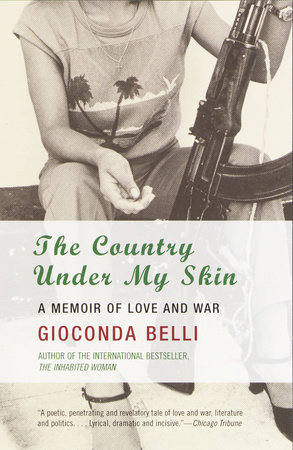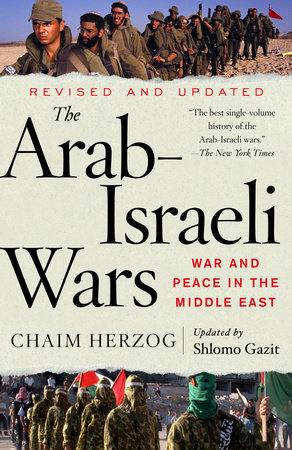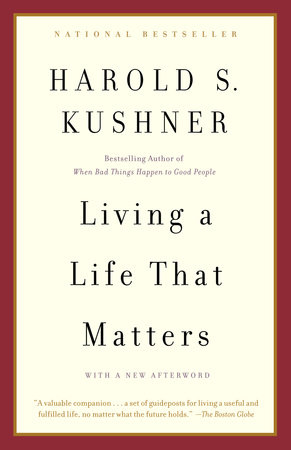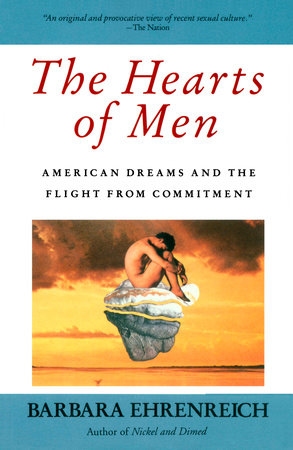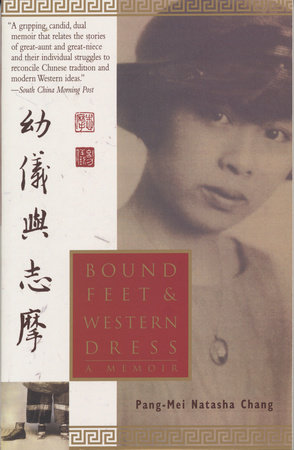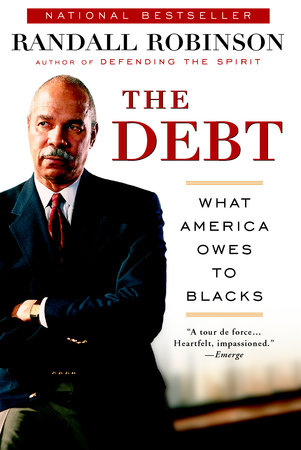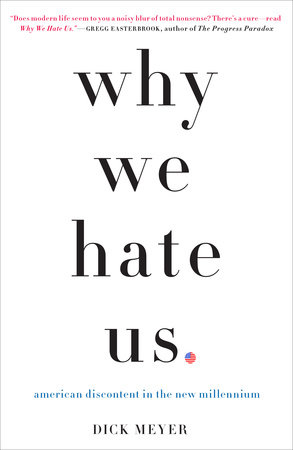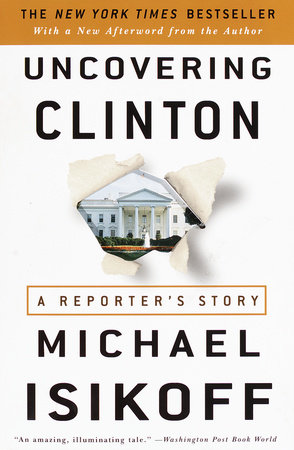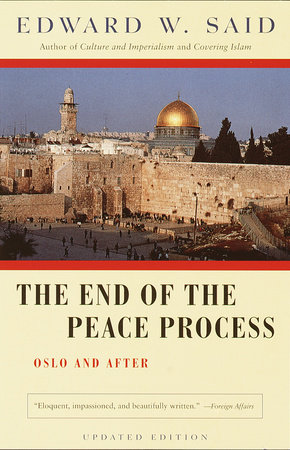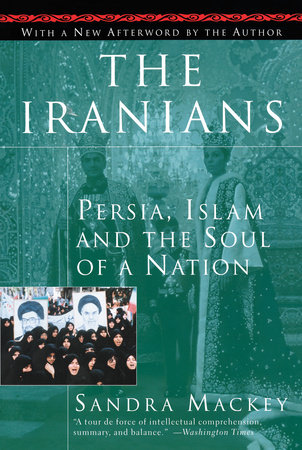A Conversation with Gioconda Belli, author of THE COUNTRY UNDER MY SKIN
Q: Your book begins in the chilling setting of a Cuban Armed Forces munitions warehouse in January 1979, an AK-47 cradled in your arms as Fidel Castro observes your Sandinista delegation on the shooting range. Yet, there is something about this morning that seems charmingly naïve — you describe the experience as "…an atmosphere reminiscent of a pleasant elementary-school field trip." Did your patriotic thrill make the weapons training seem less dangerous or the prospects of an armed future seem less daunting?
A: I was both anxious and fascinated at the idea of being in a shooting range. Most of the men I was with, however, were just thrilled with the idea. In the book, I reflect about the contrast between my fear and the nonchalant way everybody else seemed to approach the military training. In those days in Latin America, military dictatorships had closed the possibilities of a democratic opposition. People were jailed and killed for their political views. Armed struggle seemed the only viable path of resistance. Coming in contact with weapons, getting ready to participate in armed struggle was empowering and felt like the right thing to do. I didn’t look forward to it. I was afraid, but I felt it was the only way to be true to my commitment to my country’s freedom.
Q: The Sandinista movement was a composite of socialism, cooperativism, popular protest, pride and poetry. What made Sandinismo so compelling?
A: That we were fighting for a just cause. After forty-five years of dictatorship, of betrayal by the political parties, massacres, censorship of the press, utter misery for the majority of the population, people both in Nicaragua and abroad couldn’t help but admire and respect a group of young guerrillas who, defying all odds, took it upon themselves to depose a tyrant.
Q: What was the genesis of your political philosophy? How did you transform yourself from upper-class wife and mother to "Comandante Belli"?
A: By the time I joined Sandinismo, when I was twenty, I had seen enough blood-shed and abuse to feel I just couldn’t remain indifferent and continue with my privileged life. It might have been that my political philosophy began with my Catholic upbringing. I was taught to care about other people, to be compassionate. Then, when I began writing poetry, I came in touch with people my age who were actively involved in trying to change things in Nicaragua. It was also a time of upheaval everywhere in the world. There was the anti-war movement in the U.S.; the student rebellion in Paris was still fresh…. My generation felt it had the power to make a difference.
Q: As a prize-wining poet, and a dedicated revolutionary, which do you feel has been more seductive: poetry or politics?
A: Given where I am now in my life, I would have to say that writing turned out to be my calling. But I see writing as an activity that is intimately connected with society. Writers are witnesses, prophets–as the Greeks use to think–critics, and forces of change in a community. Writing, in so much as it relates to the life of the "polis", is always political. So I haven’t felt I have had to give-up one passion for another. I have just found the way to reconcile the two. I am still a political animal.
Q: Men in the movement often preferred to relate to you as a woman, and not as a companera. What role did machismo play in the revolution?
A: I joined the guerrilla movement at the time when the women’s liberation movement was still young. Men were just learning to accept women in the roles traditionally reserved for men. Inevitably, there were these episodes where men just saw me as a young woman, as prey. But it was not always the case. During the struggle I would say women, for the most part, were treated as equals and respected. But, of course, there were those quite flagrant exceptions I talk about in the book. Usually the more powerful the men, the less they were willing to accept a woman as their equal. I guess sexual advances were their way to put a woman in her "place".
Q: How were you instrumental in resisting the propaganda war the Reagan Administration waged against the Sandinistas?
A: In spite of the fact that we had the machinery of the Reagan Administration depicting us as a "threat" to freedom, democracy and even to the national security of the U.S., we were able to get out enough information about the true nature of the revolution that large groups of people all over the world rallied in our favor and opposed the Contra War sponsored by President Reagan. Hundreds of American citizens, artists, and intellectuals came in those days to Nicaragua to see for themselves, and then came back and spoke out in favor of the revolution. I ran the Sandinista international information office and tried to make sure that journalists got the real story of what was going on in Nicaragua.
Q: As a representative of the Sandinista government, you were a witness to and participated in some of the key events honoring 20th century political radicalism–you met North Vietnamese war heroes and attended state anniversary celebrations of the Bolshevik, Cuban and Algerian revolutions. You were offered an insider’s view of the Soviet Union, East Germany, Bulgaria, and Libya–socialist communities that have since been transformed beyond recognition. What has been the legacy of your political struggle? Do you still believe in a revolutionary future?
A: Socialist ideas were popular in Latin America because the gap between rich and poor has been so abysmal. We were attracted to the idea of distribution of wealth and a State that would minister to the needs of its people. Under the dictatorship, we had not had much freedom and we thought the first freedom people needed in our country–where 70% of the population under Somoza was illiterate–was the freedom from ignorance and hunger. We were more interested in finding out how those revolutions had fought colonial oppression, foreign intervention and how they had dealt with issues of poverty and reconstruction. The Nicaraguan Revolution did not follow any model. We wanted to be original and free. But we were thrown in the same sack with all other revolutions by the Reagan Administration, which began to fund the Contras. To defend ourselves, we had to impose certain restrictions. Even so, as revolutions go, Nicaragua’s was, by far, the most democratic. People were free to travel, to have any religion, to associate, to write, to start political parties. The Sandinista Revolution held elections and turned over power to the opposition in 1990. Nicaragua is now a democratic country thanks primarily to the Sandinista Revolution. Sandinismo is the second largest party in Nicaragua still. The freedom Nicaragua enjoys now is our legacy. So, I feel it was a worthwhile struggle. Nowadays I don’t think we need another revolution to push forward. We need to strengthen the democratic institutions, which are still quite feeble.
Q: You lost so many dedicated and heroic colleagues. How do the cataclysmic events of the late 1970s appear through the filter of history?
A: Unfortunately, as history shows, often patriots have to die to free and defend their countries. I think my friends didn’t die in vain. Things didn’t turn out exactly as we hoped, but the country is better off now than it was under the dictatorship.
Q: What was your greatest disappointment in the struggle?
A: I had hoped my children would never have to live through what I lived through, but during the Contra War, I had to take them to funerals for some of their young friends who died in the war. We suffered from scarcity. We were constantly at the brink of war and threatened by a U.S. invasion. It was a very difficult time. I saw my dreams shattered very early on.
Q: "Once again her toothbrush is gone." This is how one of your daughters began her college application essay, writing about your absences from the family. Did it break your heart to read these words?
A: I was so absorbed by the struggle and my own personal problems that I didn’t realize until later how hard it had been for my kids to share my life. When I read that I couldn’t stop crying. All of a sudden, that sentence, the scene I imagined reading it, filled me with overwhelming empathy and sorrow for what they went through. At the same time, I don’t think it could have been otherwise. I know that now they not only understand what I did, but feel proud of me.
Q: You write: "I have been two women and I have lived two lives." One of your lives is governed by tradition, marriage and family; the other by yearning for and achieving the privileges men enjoy: "…independence, self-reliance, a public life, mobility, lovers." Can the two lives co-exist simultaneously, and do you feel fulfilled in your accomplishments in each life?
A: It seems wild to me now that I was able to do everything I did, while, at the same time, raising three kids, falling in and out of love and working to support my family, but I think that, as human beings we have an incredible capacity that is unleashed when we are called to rise up to meet a challenge. My book is also a reflection of how people can overcome so many odds to pursue a goal that is bigger than each person individually–how happy it can make us to feel this sense of community and purpose. I now think that I am not only two women; I am three or four, and I feel that this constant balancing act between the multiplicity of things I am keeps me alive, keeps me happy and curious and passionate.
Q: You are married to an American now. How did that come to be? Did you ever think you would end up living in the U.S.?
A: My husband was the National Public Radio correspondent in Central America. I met him in Washington, DC on one of my first trips to the U.S., as head of the Sandinista International Information Office. We weren’t supposed to fall in love and it was quite difficult to navigate through all the obstacles we faced. Initially I was reluctant to the idea of coming to the United States because of the role it had in the demise of the Sandinista Revolution, but eventually I felt I had to accept that my husband was also entitled to love and want to live in his country. We came to a compromise. I now divide my time between Nicaragua and the U.S. In my years in the Revolution it never crossed my mind I could end up in the U.S., but even though it has been hard for me to reconcile such different realities, I think I have learned a lot and come to appreciate many things about this country. I realize that, domestically, the U.S. has achieved many of the things I dreamed we could achieve in Nicaragua when we had our revolution. But I still have many misgivings about the role the U.S. plays in the world.
